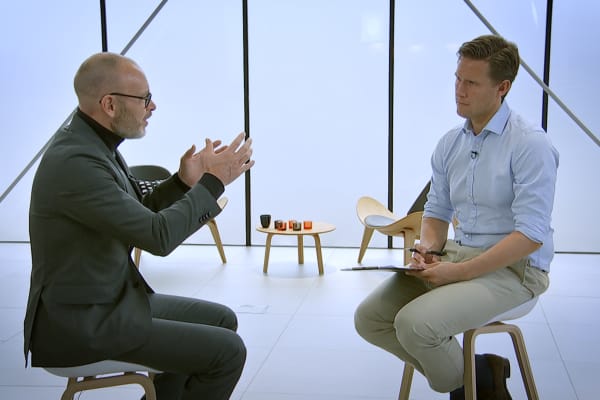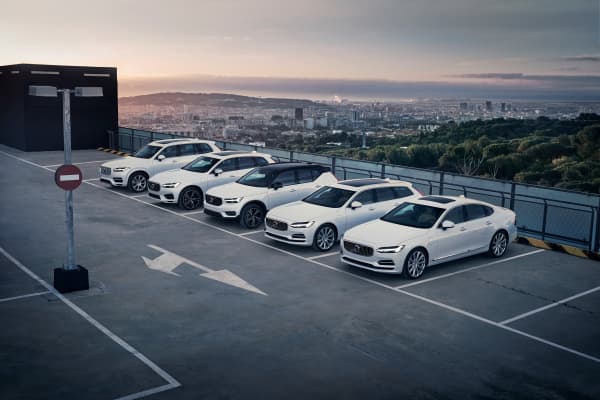Khodrocar-But for Volvo, marketing must reflect what is actually happening inside the company.
"I think one of the major things is marketing cannot be about making stories. It has to be genuine and real. So you need to actually, do change, not say you are changing," Bjorn Annwall, the car company's senior vice president of strategy, brand and retail, told CNBC's Willem Marx.
The car manufacturer organizes the Volvo Ocean Race, a round-the-world sailing contest, and this year used the event to collect data on the concentration of harmful microplastic in the sea in different parts of the world.
"Rather than just show the Volvo name in conjunction with a race like that, you make something meaningful about it… We focused in on the problem with plastic and micro plastics in the ocean and then we start(ed) to think about how can we affect this, from a Volvo perspective, and say how can we design cars with a higher content of recycled plastics?" The company is aiming for 25 percent of the plastic in its cars to be recycled by 2025.




